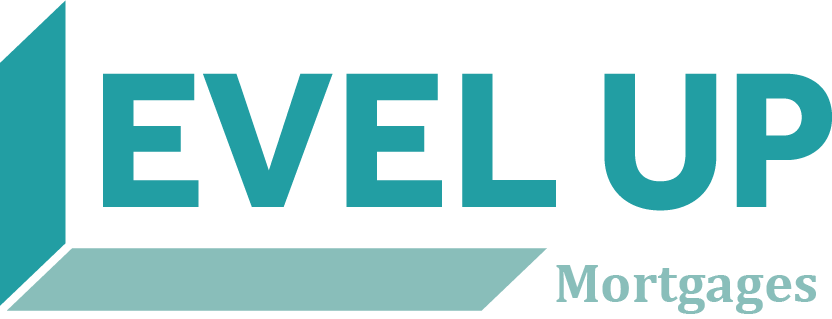What You Must Know about Self-Employed Mortgage in Canada
It is vital for self-employed Canadians who want to get a mortgage to have a good understanding of how lenders evaluate their applications. In Canada, the majority of lenders will typically only consider those who are self-employed if they can provide two years of tax returns.
However, these documents will not be considered by lenders as an indicator of a client’s creditworthiness as they are snapshots of income in a given tax year. Therefore, if self-employed Canadians can provide two years of self-employment documents with moving, annualized income projections, it will be a more accurate indicator of the potential borrower’s income flows and ability to make regular mortgage payments.
In this article, we will take a closer look at mortgages Canadians who are self-employed can qualify for as well as how the self-employed can present their creditworthiness.
Self-Employed Mortgage Interest Rates
As with any other mortgage loan, interest rates and terms will vary from one lender to another. Interest rates for self-employed mortgage loans in Canada can be as high as five percent. However, this interest rate depends on many other factors, including the type of loan and the mortgage term.
It is also important to note that self-employed mortgage borrowers usually have to pay a premium for the services they receive, meaning they will have a higher interest rate than a traditional mortgage loan applicant whose lender fees are covered by their institution.
Self-Employed Mortgage Qualifier
Self-employed Canadians usually have to present the following documents to qualify for a mortgage loan:
Current business license
Current business tax returns
Business employer information
Two years of business tax returns (which should show a consistent, moving annualized income)
Self-Employed Mortgage Requirements
The two-year projection should include all earnings from the self-employed’s current business and any other income sources they might have, such as a second job. This should then be compared to the applicant’s expected income and expenses. Lenders will also need to see proof that the applicant will have the ability to cover the costs of the mortgage. Otherwise, it can be difficult for the potential borrower to get the loan.
Self-Employed Mortgage Structures
Self-employed people who wish to obtain a mortgage loan in Canada can choose either a fixed or variable rate. Due to the moderate nature of a self-employed’s income, they will likely end up with a variable rate mortgage.
In fact, the rates for variable-rate mortgages are generally lower than those for fixed-rate mortgages. The latter means that the interest rate will not change during the term of the loan, and any payments are on a set schedule. On the other hand, variable-rate mortgages have interest rates that are updated periodically, and payments are made monthly.
One of the main advantages of a variable-rate mortgage is that it allows the borrower to pay only the interest owed each month. However, the mortgage holder must also be aware that the interest rates for this type of mortgage could rise sharply in the future, leading to higher monthly payments.
THE BOTTOM LINE
As we can see, self-employed Canadians can qualify for mortgage loans. However, they must present their creditworthiness in the most accurate manner possible to obtain the mortgage they need.
Do you want to learn more about mortgage financing in Canada? Level Up Mortgages supports homebuyers and homeowners in attaining success in their mortgage journey with mortgage strategy, digital mortgage education, and introductions to all the other experts you need to succeed in home buying and your personal finance. To assist homebuyers and homeowners in purchasing or refinancing new homes, we work with premier banks and best-rate mortgage lenders in British Columbia and Ontario. Get in touch with us today!
